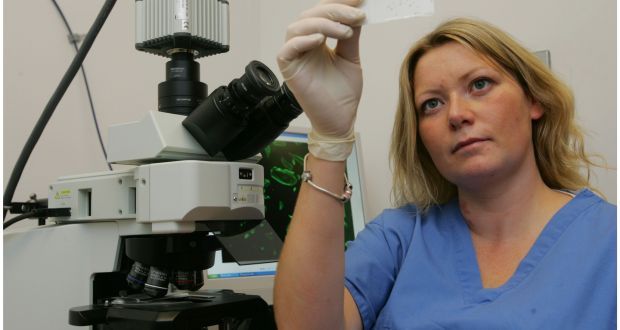New research has been published in Nature Immunology, demonstrating a link between obesity and failure of the immune system in the fight against cancer cells.
This research team, led by Trinity’s Prof Lydia Lynch, an associate professor of immunology, has confirmed that the body’s immune surveillance systems falter in the presence of excess fat. These immune systems are led by “natural killer” cells, which have a role in fighting cancer within the body. This research also outlines new potential strategies for cancer treatment that target the “fat-clogged” natural killer cells for molecular reprogramming.
Lynch’s team used human natural killer cells and mice models to discover that the machinery of these cells gets clogged up by the excess fat present in individuals with obesity. This does not prevent the natural killer cells from recognising a cancerous tumour cell, but does prevent it from killing it.
The research also has implications for cancer treatment, as Lynch’s team was able to re-programme these natural killer cells and restore their cancer-fighting abilities by providing them with a metabolic jolt.
Over 1.9 billion adults worldwide are overweight and obese. There is a large number of knock-on adverse health impacts to being obese, such as type two diabetes and cardiovascular disease. Up to 50 per cent of certain cancers are also attributed to obesity.
In a press statement, Lynch said: “Despite increased public awareness, the prevalence of obesity and related diseases continue. Therefore, there is increased urgency to understand the pathways whereby obesity causes cancer and leads to other diseases, and to develop new strategies to prevent their progression.”
“Our results highlight immuno-metabolic pathways as a promising target to reverse immune defects in obesity, and suggest that metabolic reprogramming of Natural Killer cells may kick-start their anti-cancer activity and improve treatment outcomes”, she said.
Lynch also conducts research at Harvard Medical School, and Brigham and Women’s Hospital in the US.







